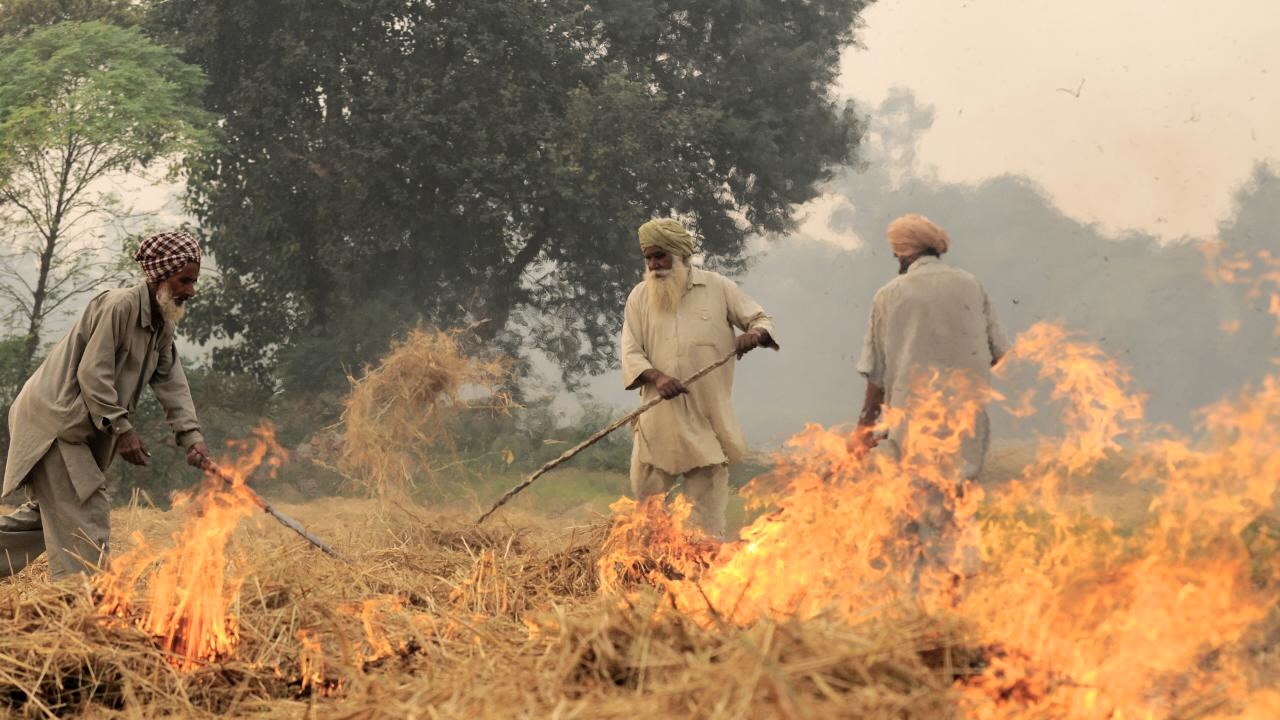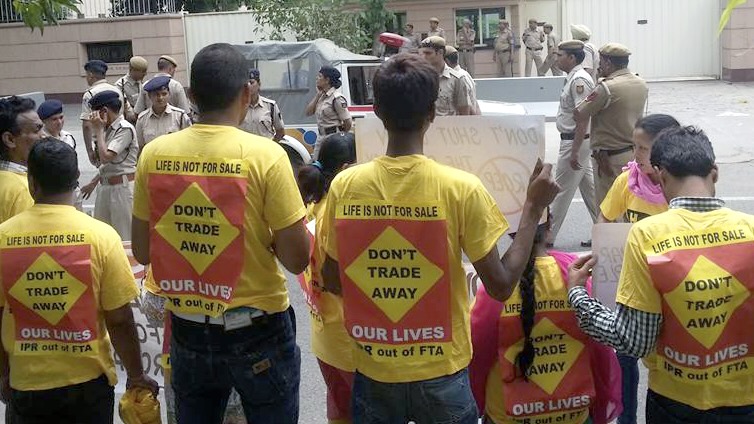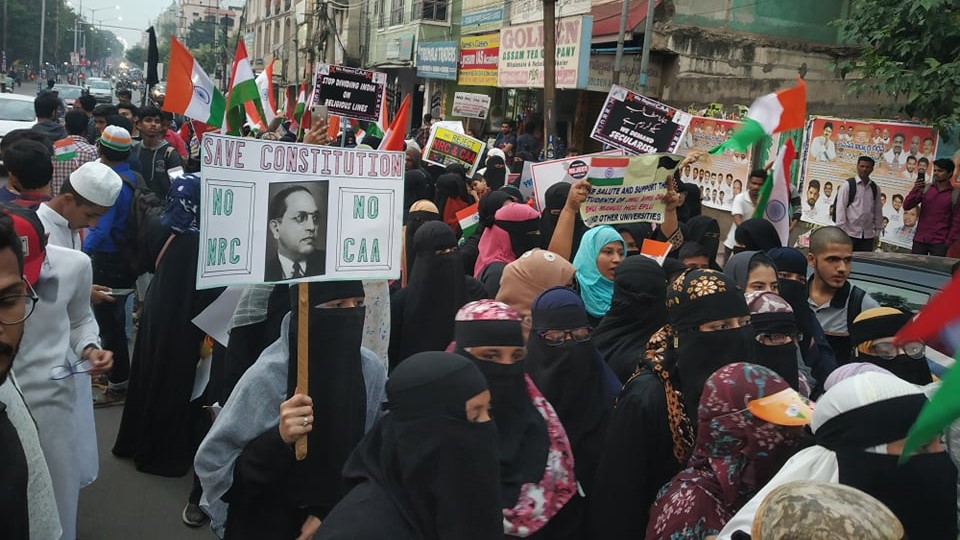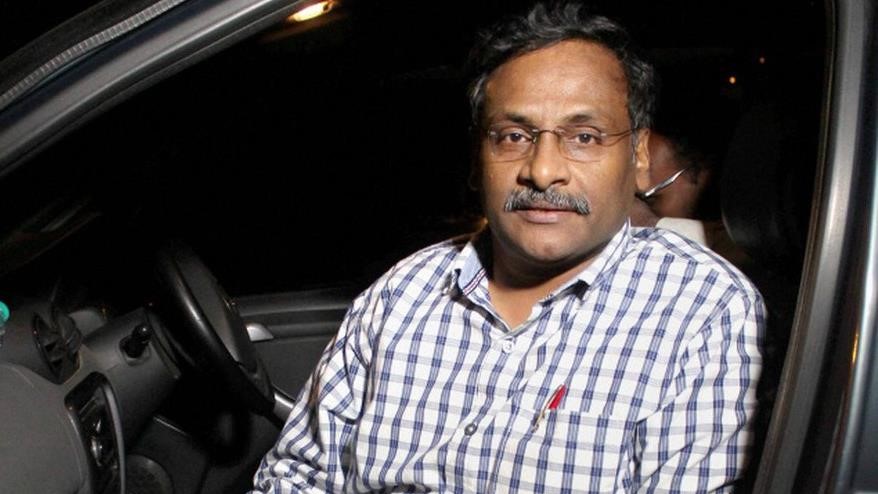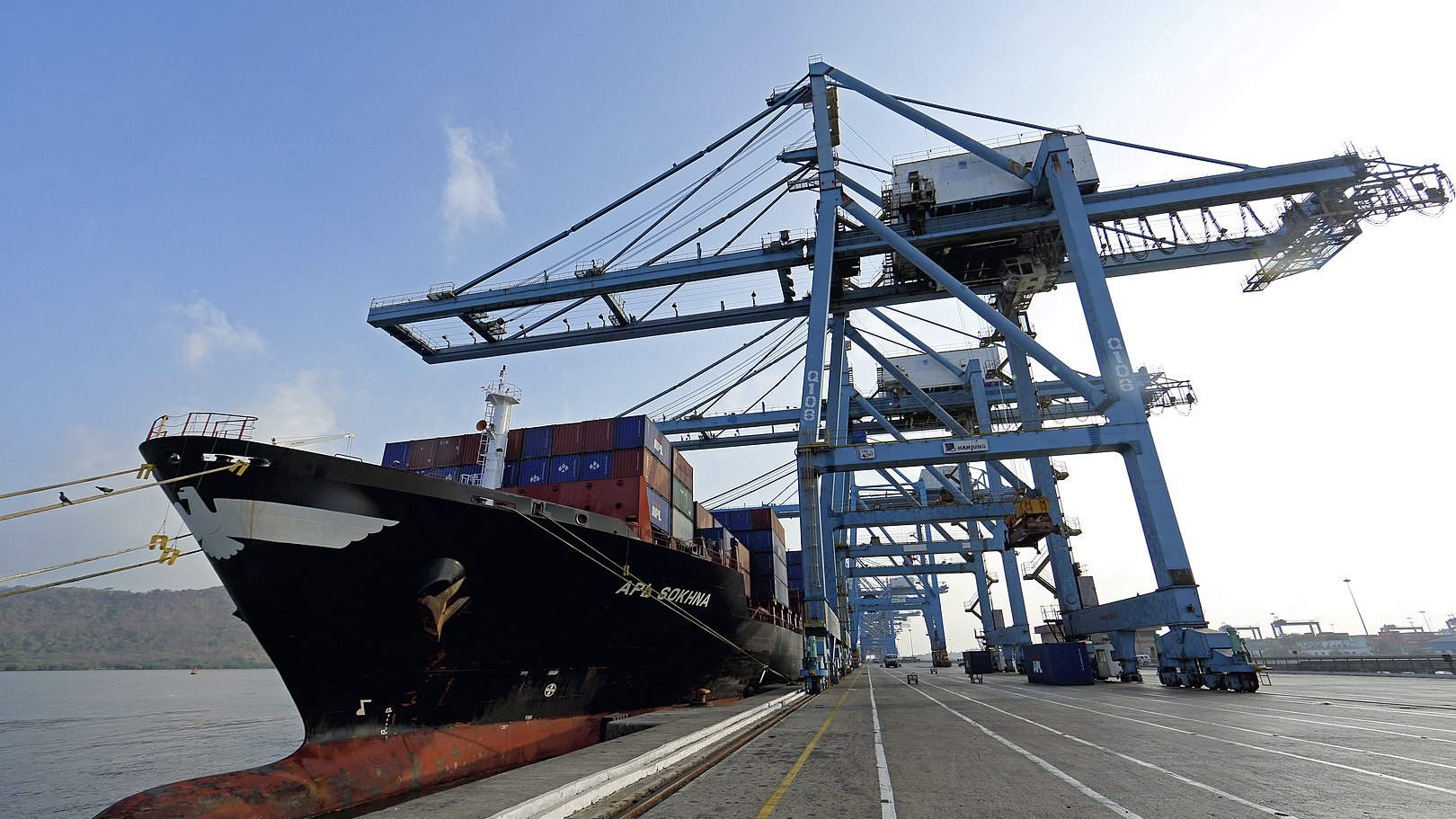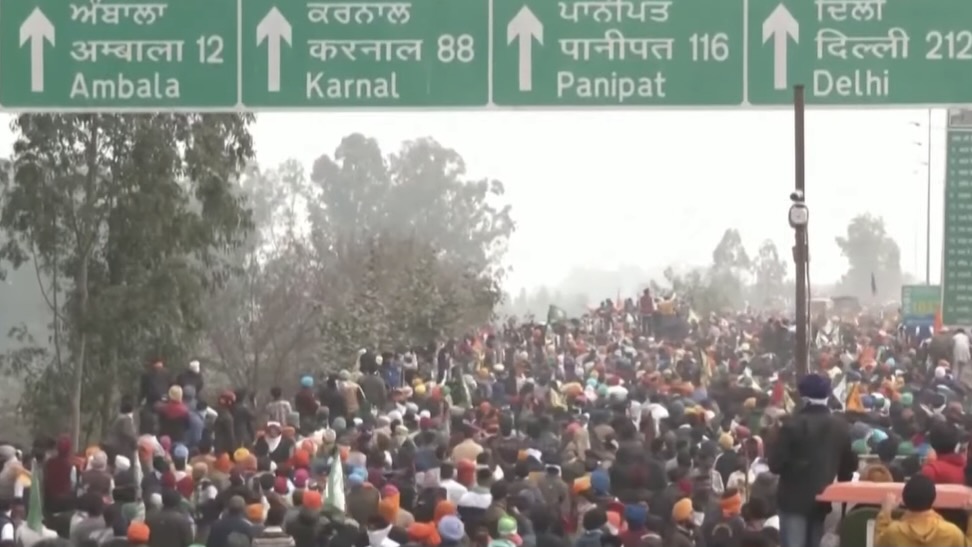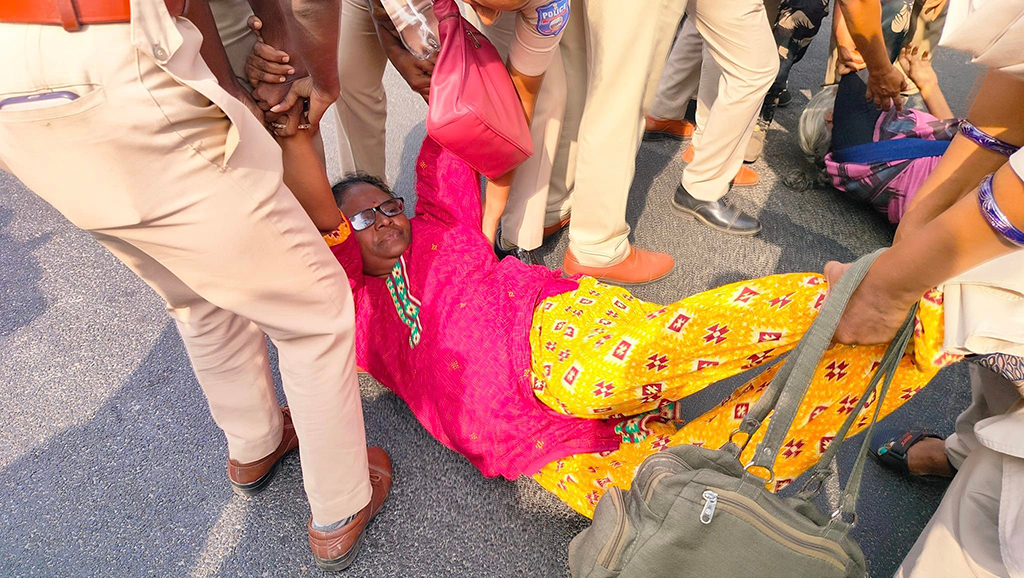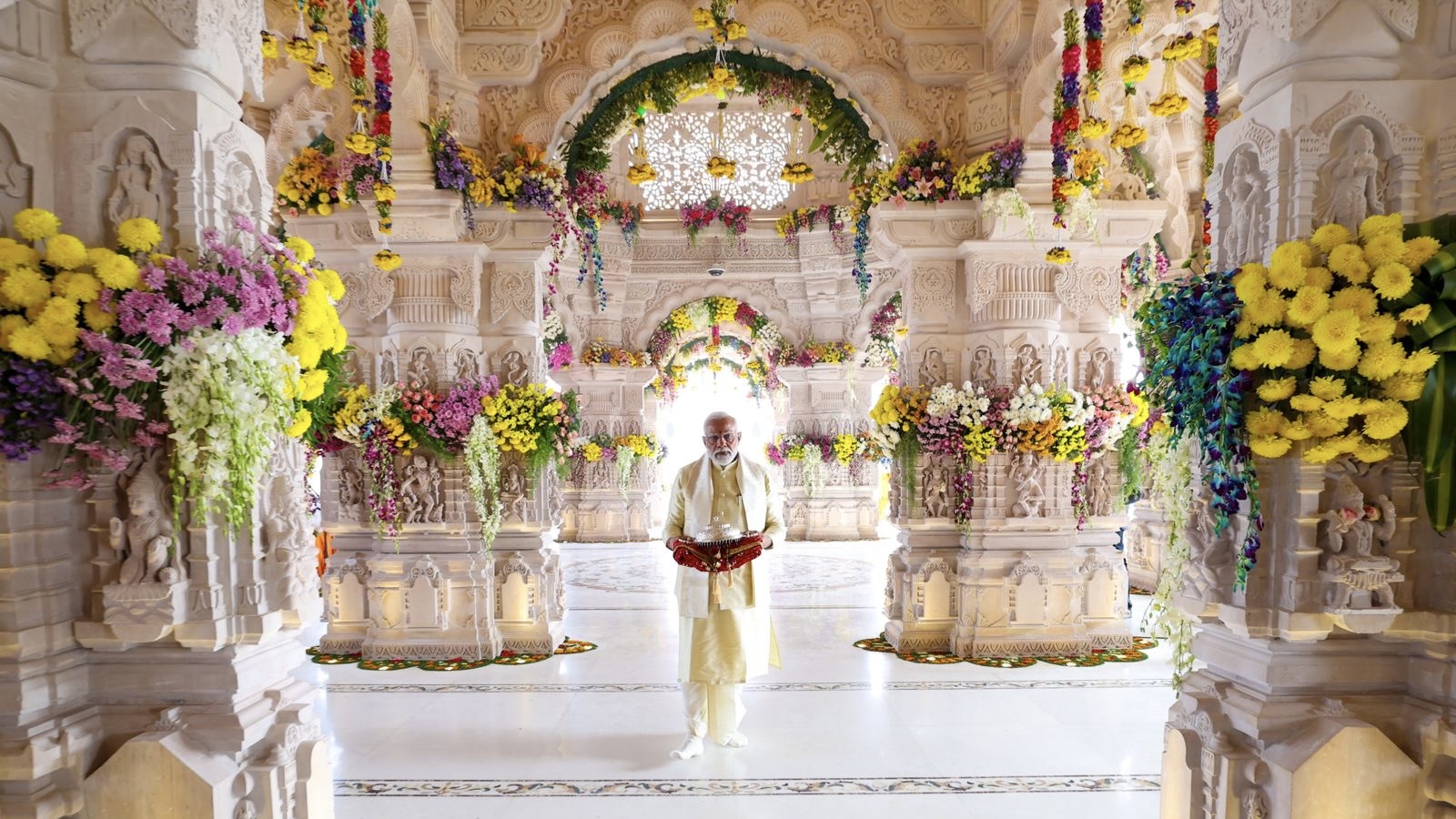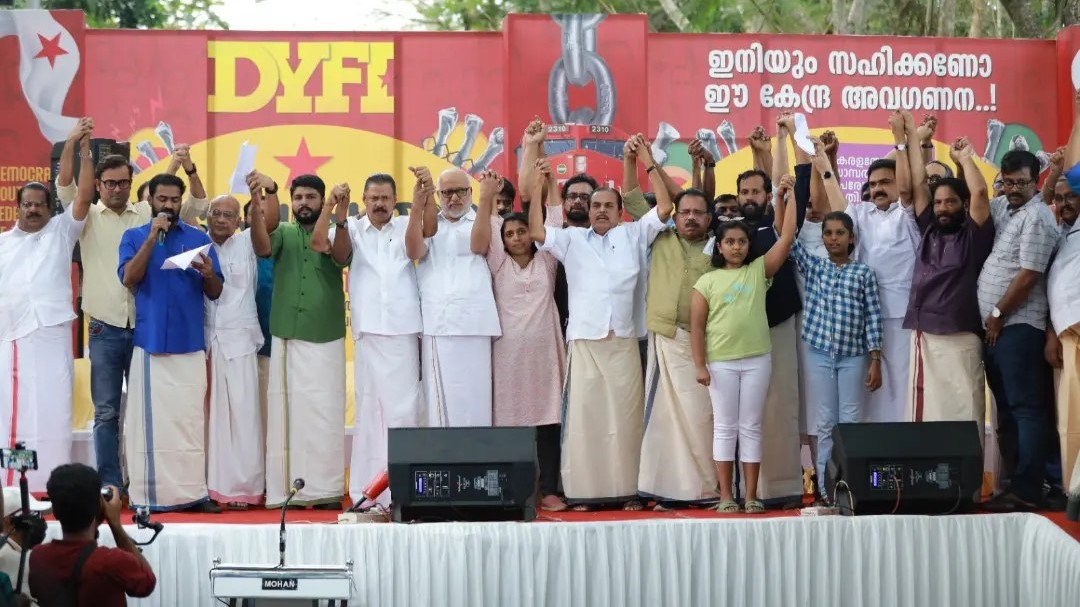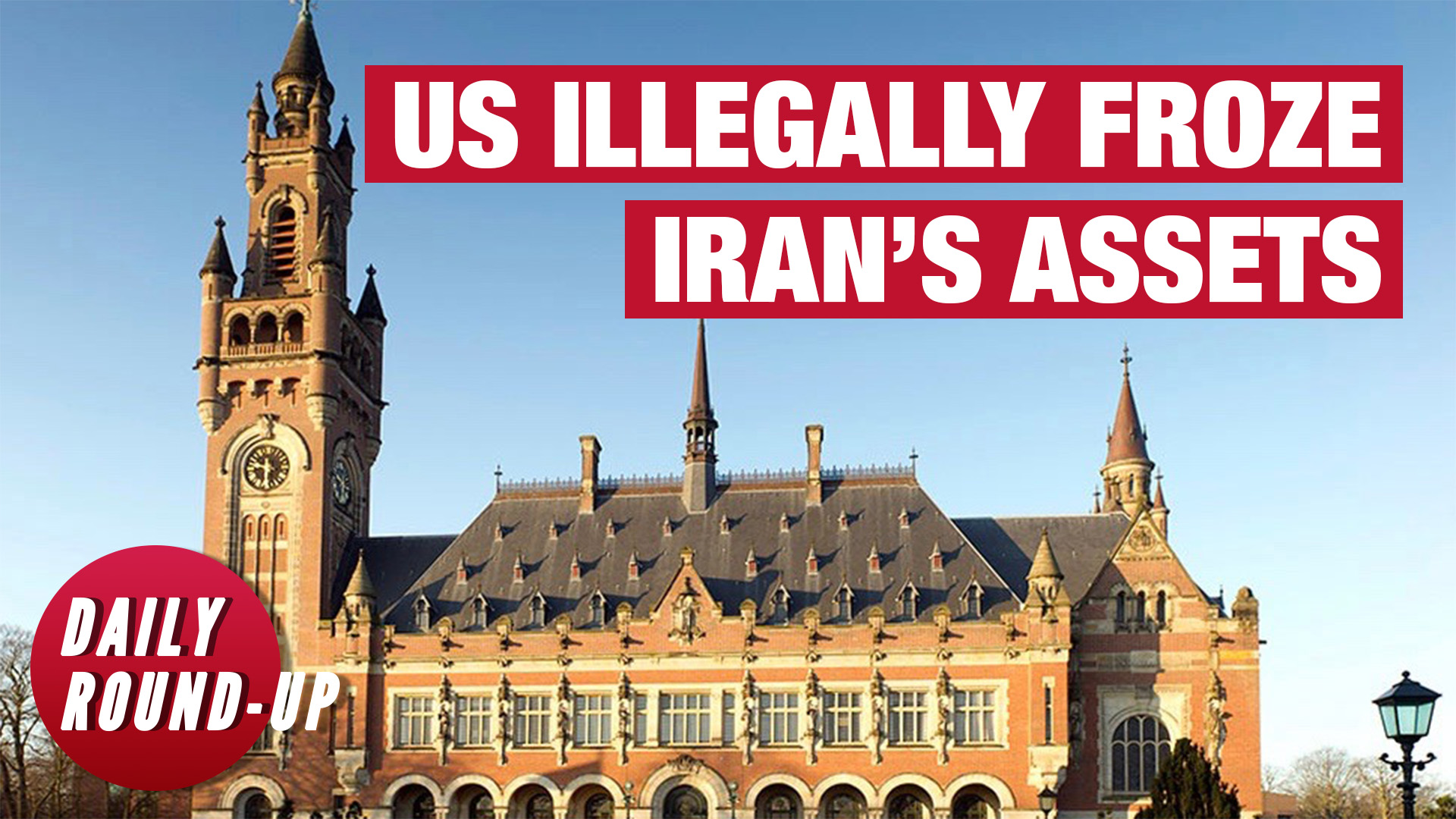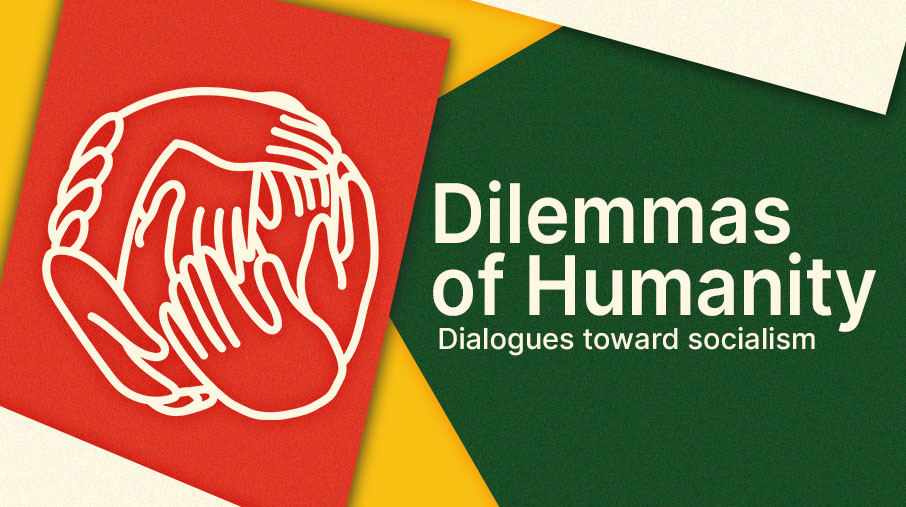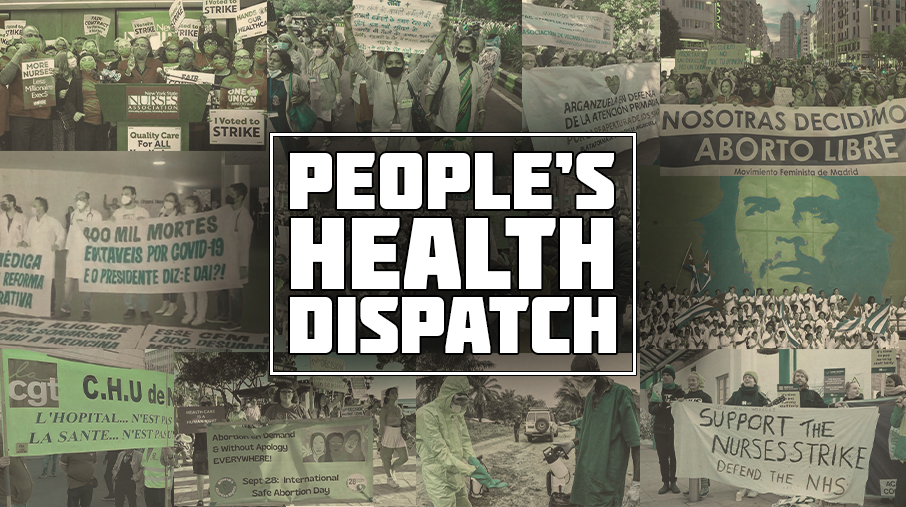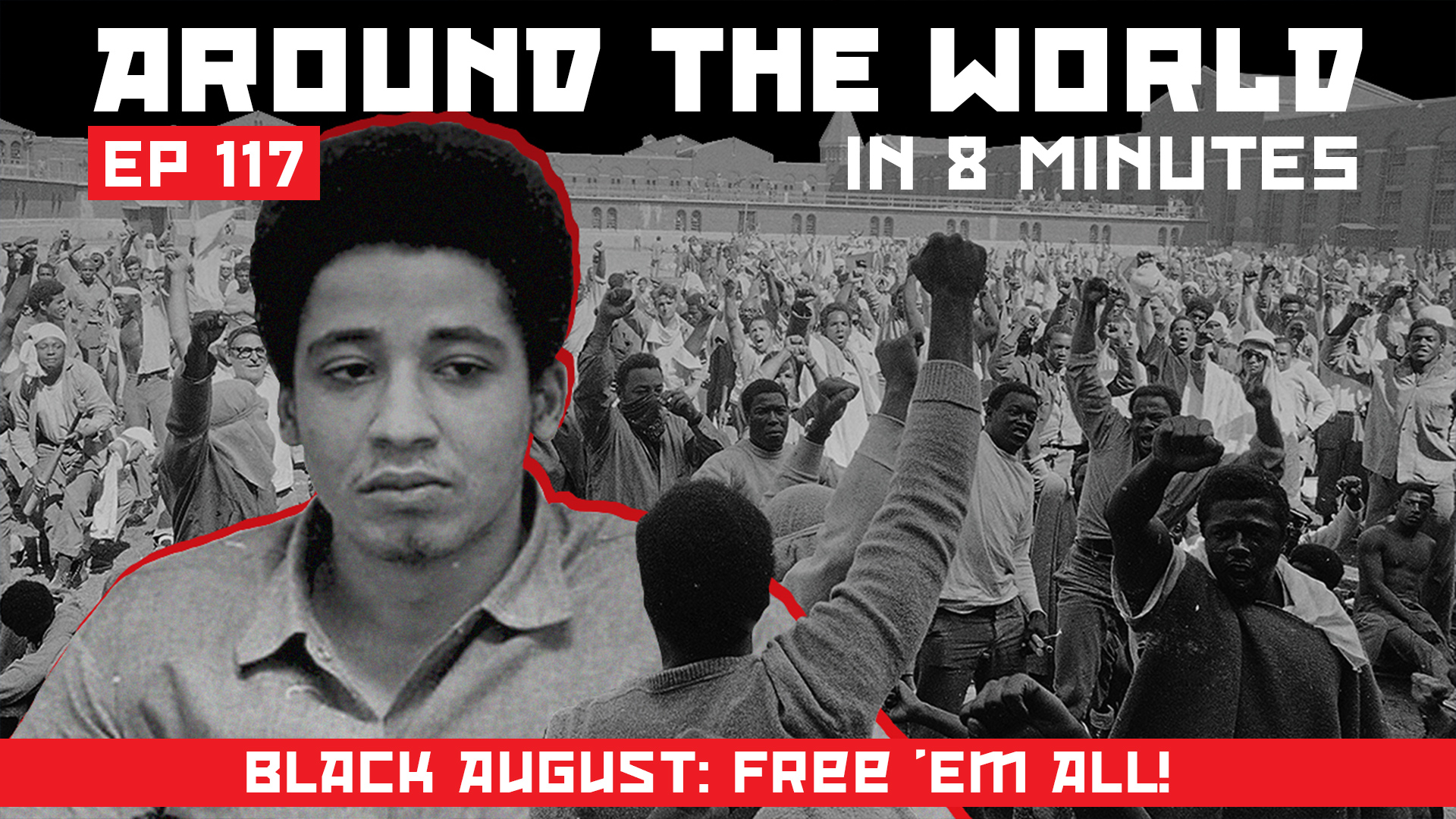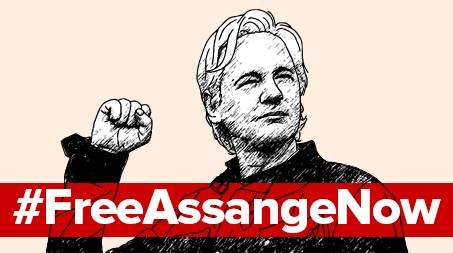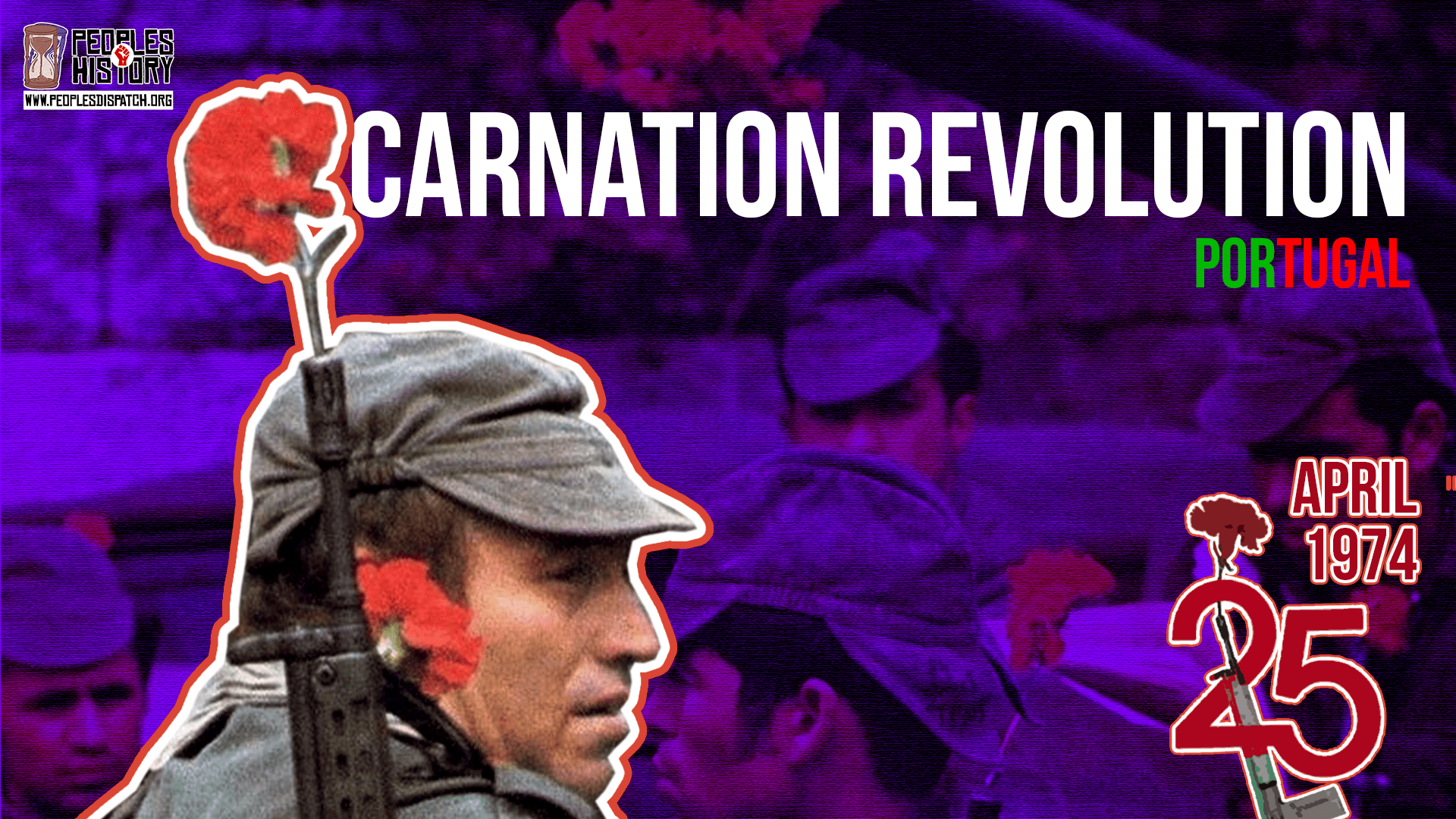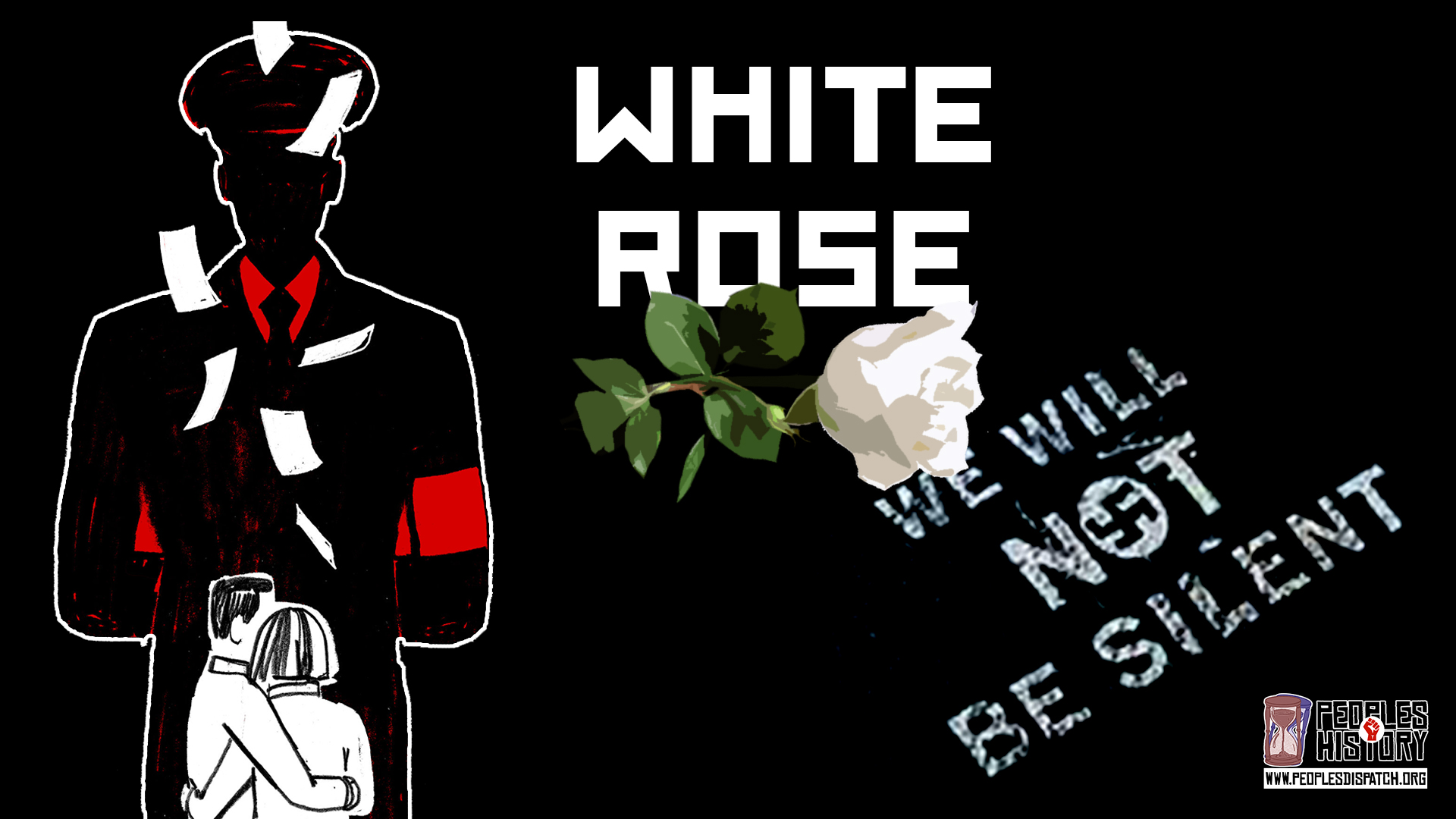A report by Financial Accountability Network India reveals how the promises made to farmers by the ruling BJP in previous elections – doubling their income, a sustainable minimum support price and more —were never met
New amendments to patent rules in India will jeopardize the country’s ability to produce generics, dealing a strong blow to access to medicines in both India and other countries of the Global South
Health network Jan Swasthya Abhiyan recently launched the People’s Health Manifesto, calling upon all parties running in India’s election to commit to improve the quality and access to care in the country
The Modi government delivered on its 2019 campaign promise to implement the controversial law, which provides an expedited route to Indian citizenship to undocumented migrants from six religious communities from neighboring countries but excludes Muslims
Prabir Purkayastha’s recently published memoir “Keeping Up the Good Fight” draws important parallels between the repression during the “Emergency” and that of today under the BJP government of Narendra Modi
G.N. Saibaba, a former professor at Delhi University, was arrested in 2014 and subsequently convicted under India’s anti-terror legislation over alleged ties to the banned Communist Party of India (Maoist)
The Water Transport Workers Federation of India, which represents 3,500 workers in 11 ports, announced their refusal to aid Israel’s genocide and called for an immediate ceasefire.
Thousands of farmers mobilized on Tuesday to raise longstanding demands including a Minimum Support Price for produce, loan waivers, and the scrapping of the Electricity Amendment Bill. As farmers approached the barricaded border between Punjab and Haryana, they were met with tear gas and water cannons.
Terming the strike as a “grand victory,” the All India Federation of Anganwadi Workers and Helpers said in a statement that it “proved the strength of the working people”
32 years after the Babri mosque was demolished by Hindu right-wing mobs, a temple dedicated to the Hindu deity, Ram, was inaugurated by Prime Minister Narendra Modi on January 22
The human chain was organized by the Democratic Youth Federation of India. The national government has been accused of discriminating against Left-led State of Kerala , while also putting up administrative hurdles to its developmental programs
Prabir’s ever-growing legacy continues to inspire the struggle for Indian intellectual and material self-reliance, regardless of the misguided attempts of the RSS-BJP to throttle and subjugate the masses’ aspirations for a better and more inclusive tomorrow.


